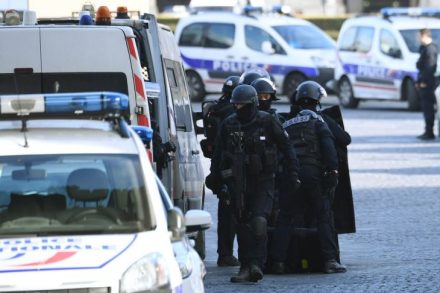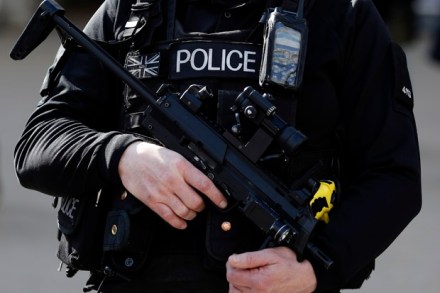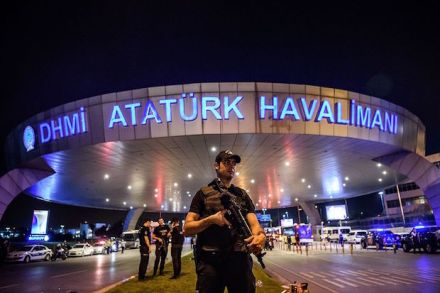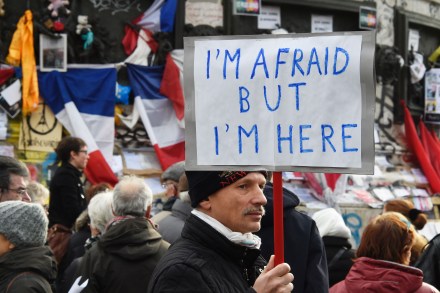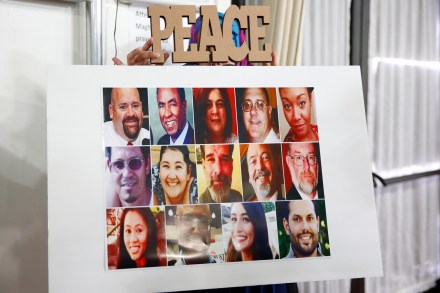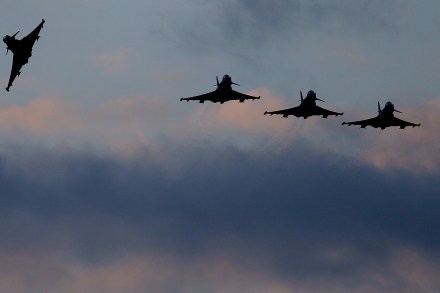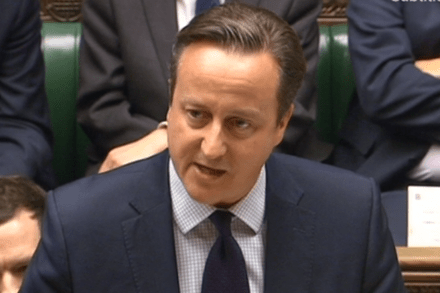The Louvre attack is a reminder that Islamic extremism hasn’t disappeared
Friday morning’s attack in Paris in which a machete-wielding man was shot and wounded in the stomach by a French soldier after he injured another soldier near the Louvre museum is the first terrorist incident in France since July. Then two teenagers murdered an elderly priest in his Normandy church, an attack that shocked and repulsed in equal measure. While the full details of Friday’s incident are still to emerge, it hasn’t the hallmarks of a determined and well-organised attack. There were no explosives in the two backpacks recovered at the scene and launching oneself at two armed soldiers holding just a machete is frightening but foolhardy. Nonetheless, interior minister
